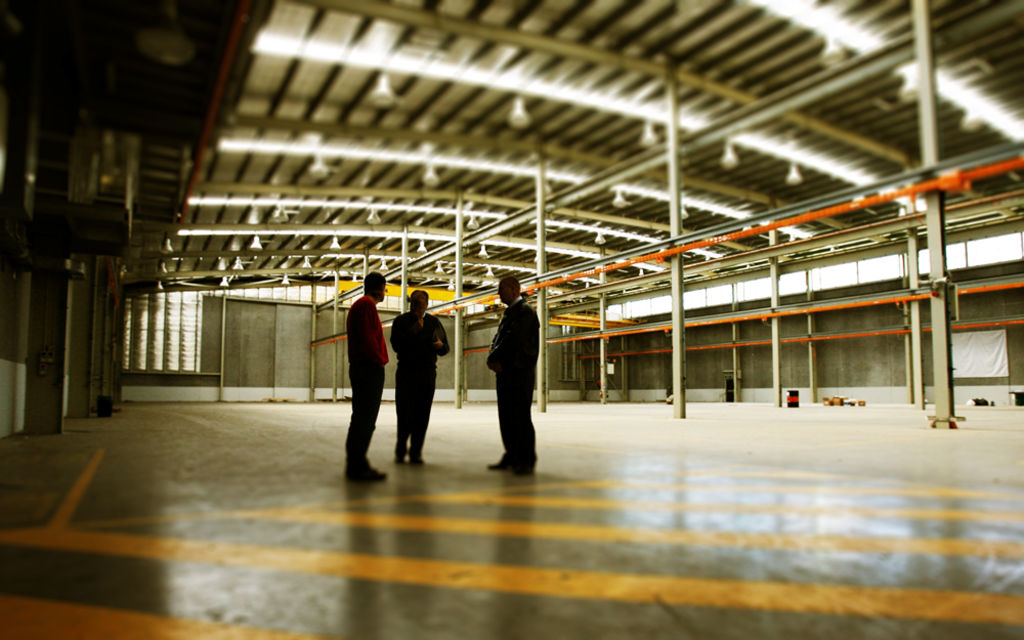
The legal considerations you need to understand for your growing business
You’ve put in the hard work and now your business is growing – maybe even outgrowing your current premises or home office. It’s time to consider your options, including a long-term location.
Finding the right commercial premises for your business, whether you are leasing or looking to purchase, can be an anxious time, but being aware of some of the common pitfalls and seeking the right advice will help set you up for success.
Leasing commercial space
Zoning
The type and location of the commercial space that suits your business will depend on the products or services you provide. Tim Kelly, partner at Rigby Cooke Lawyers and head of their commercial real estate group, says the first consideration when looking at commercial properties is to understand any zoning and development restrictions applicable to the premises.
“Government planning laws detail how land is zoned and what uses are permitted within those zones,” Mr Kelly says. “Once you have a shortlist of properties, check with the local council to ensure the land is zoned correctly for the use intended.”
The lease agreement
The next step is to understand all the terms of the lease agreement. “This document is paramount. This is where you’ll find vital information, such as the term (length) of the lease as well as when, and how, rent will be reviewed and/or increased.”
1. Term: This is the length of the lease. “Always ensure this matches up with your business plan. The agreement will also outline any options you have as a tenant to extend the lease. For example, the initial lease may be for five years, but there may be an option to extend for a further five years. This adds a level of security if you have long-term business requirements.”
2. Rent review: This section sets out when, and by what method, the rent will be reviewed. “There are several means by which rent increases are calculated, such as using CPI, a fixed annual percentage or a market review. There may be room to negotiate the amount of your rental increase with the landlord.” A market review may in fact lead to rent remaining at the current level, or in some cases a rent decrease.
3. Rights of assignment: If you need to move from the premises before the end of the stated term, you will need to understand if you can assign the lease to someone else, and the requirements for any assignment to be permitted.
Retail versus industrial
Different commercial tenancies are covered by different Acts. For instance, retail premises are covered by the Retail Leases Act, which affords slightly more protection to tenants.
“A recent opinion issued by Justice Garde at the Victorian Civil and Administrative Tribunal (VCAT) advised that landlords of retail premises are no longer able to pass on to the tenant the costs associated with providing and maintaining building essential services.
“Essential services relate to public safety, such as fire exits and lighting. The landlord of a retail property must now bear these costs. Non-retail commercial tenants, however, must be more diligent in understanding their obligation to provide or pay for these essential services. These, together with any land tax and utility liabilities, should all be laid out in the lease agreement.”
Purchasing a commercial property
If you are looking to buy a commercial property for your business, Mr Kelly advises there are a number of key criteria to consider.
Zoning
As with leasing, the first step for potential commercial property purchasers is to check local planning laws to understand what use and development is permitted. Mr Kelly advises to think long term – will your business growth include the addition of future services or products, or a retail outlet? Do current zoning regulations allow for these?
Owners’ corporation
Is the premises covered by an owners’ corporation? If so, what are their restrictions? What are your annual fees and obligations? These should be clearly detailed in the vendor statement in the contract of sale.
GST and stamp duty
There are different GST considerations depending on the type of property you are purchasing. “If you are purchasing an empty property, there may be GST and there will be stamp duty implications. Stamp duty is calculated on a sliding scale based on the purchase price. Stamp duty is also payable on the GST component of the purchase price – a tax on a tax.”
Title
Check the ownership and any easements, covenants or other restrictions. This is a simple but necessary step. “Always check the actual measurements of the property against those provided in the plan of the property, which should be in the contract of sale. If they do not match up, there may be a case for adverse possession either for, or against, you.
“Generally speaking, the public is well educated on the absolute need to consult expert legal and accounting advice before signing a lease or contract of sale. Although it is good to be aware of common pitfalls when venturing into commercial property, a specialist will be able to work with you to read the fine print and ensure the property, and the associated conditions, matches your specific business needs.”
Find the right commercial property specialist for you with Commercial Real Estate.
- Purchasing and leasing a space for your business can be a stressful process. Connect with a legal expert through our partners at Oneflare who can guide you.










